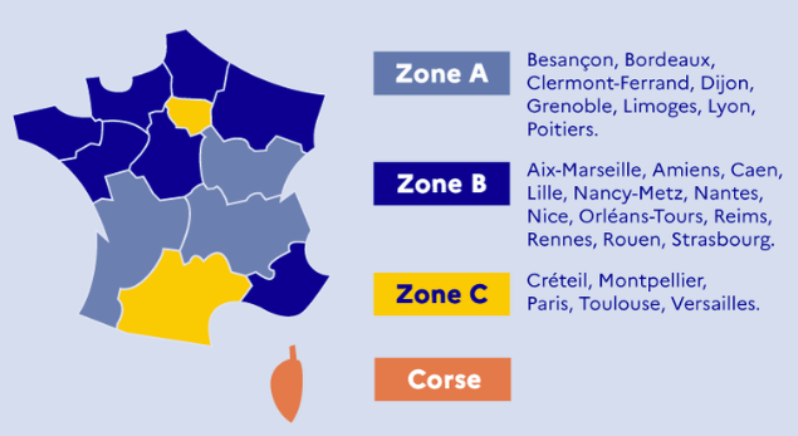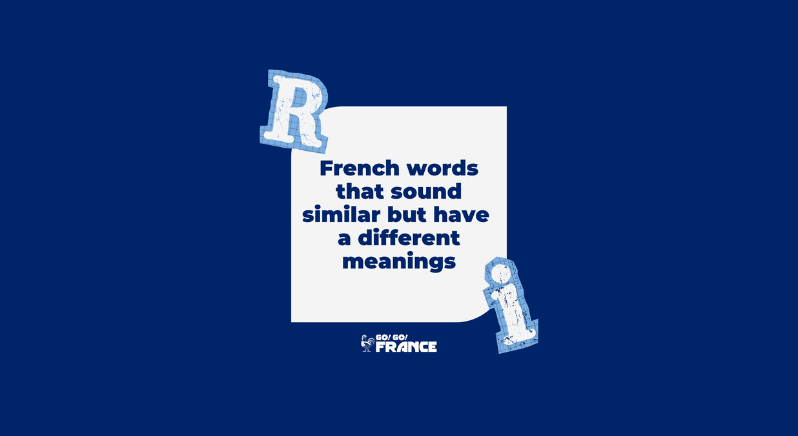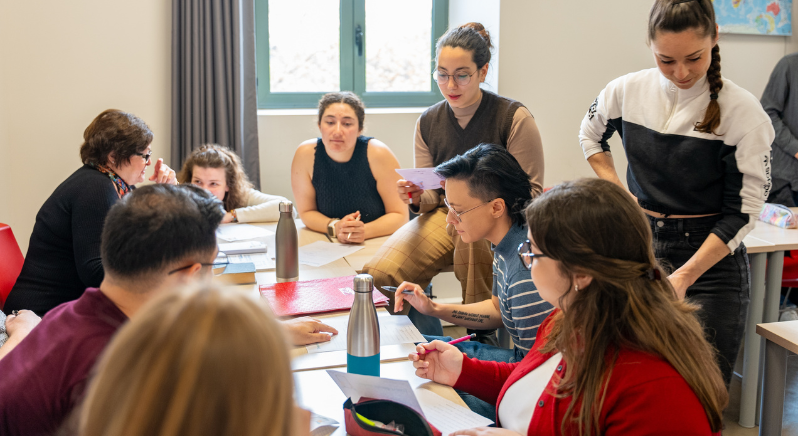If you’re considering studying or working in France, understanding French work culture is essential. In this article, we’ll explore some fascinating aspects of French work culture that you may not know about, helping you better prepare for your time in France.
Work-Life Balance is a Priority
In France, work-life balance is more than just a buzzword; it’s a cultural cornerstone. The French are known for their 35-hour workweek, a law implemented to enhance employees quality of life. Unlike in many other countries where long hours are celebrated, in France, working beyond regular hours isn’t necessarily seen as a badge of honor. Instead, there is a strong emphasis on enjoying life outside of work.
This cultural priority extends to the generous vacation policies in France. Workers typically enjoy 5 weeks of paid leave annually, and many take advantage of this time to recharge. It is also common for an entire businesses to slow down, if not close, during the month of August, when most employees take their summer holidays.

Hierarchy and Status Matter
In French work culture, hierarchy and formality are essential, and addressing people by their appropriate titles is a key aspect of professional etiquette. Titles such as Docteur for medical doctors or PhD holders, Professeur for teachers and academics, and Maître for lawyers and judges are commonly used. In corporate or governmental settings, high-ranking officials may be addressed as Monsieur le Président or Madame la Présidente, while in politics, it’s common to use Monsieur or Madame le Député, Sénateur, and similar titles. Using these titles shows respect for a person’s status and role, and it’s best to start formal, adjusting as relationships evolve.
Communication is Direct Yet Polished
While French communication is generally direct, it is also polished and formal, especially in professional settings. The French value eloquence and precision in their language, particularly in writing. Written communication, such as letters and emails, tends to be more formal in France than in some other cultures. It’s common to start with a formal greeting and end with a courteous closing, even in internal communications.
Typos and language mistakes are generally not tolerated, as they can be seen as a lack of professionalism. Although this practice is becoming less strict, it’s important to note that language mistakes in your resume or motivation letter could cause a recruiter to dismiss your application, especially when reviewing hundreds of candidates. This is often one of the first ways to filter applicants.
Socializing is Part of Work Culture
In France, social interactions are a vital part of workplace culture, with lunch breaks providing key opportunities to build relationships with colleagues. These breaks often involve conversations that range from work-related topics to personal interests and current events. The French view these moments as essential for fostering team spirit and maintaining a pleasant work environment.
Smoking is also still a common practice in French work culture, with colleagues frequently gathering outside for cigarette breaks. These breaks are more than just about smoking; they serve as informal social gatherings where employees chat, share updates, and bond. Despite smoking being less prevalent in many other countries, in France, it remains a social ritual deeply embedded in the work culture.

Strikes and Unions Have Strong Influence
Strikes and unions are a significant part of French work culture, with labor rights deeply embedded in the nation’s history. It’s not uncommon to see strikes, known as “grèves,” which can impact various sectors, including public transportation, education, and even healthcare. Some of the most well-known unions include the Confédération Générale du Travail (CGT), Force Ouvrière (FO), and the Confédération Française Démocratique du Travail (CFDT). These unions play a powerful role in advocating for workers and organizing strikes, which are seen as legitimate tools for negotiating better conditions.
French workers have achieved several important labor victories through strikes. For example, the 35-hour workweek law, introduced in the early 2000s, was a result of strong union advocacy and worker mobilization. Another significant win was the protection of pension rights, where strikes played a crucial role in pushing back against proposed reforms that would have negatively impacted workers retirement benefits.
Get Prepared to Join the Workforce
As you prepare to join the French workforce, it’s essential to understand both the cultural nuances and practical aspects of securing a job. To help you get started, check out our articles on how to write a French resume, craft a compelling cover letter, and prepare for a job interview in France. For more insights and tips on working in France, be sure to explore our blog regularly.











